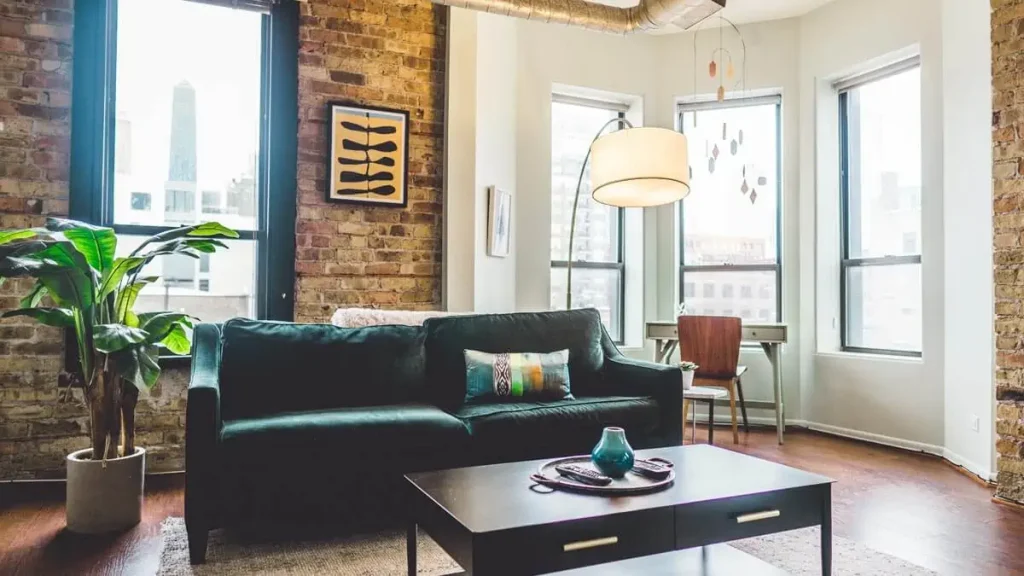With the growing condo rental market in the Philippines, most people who invest in condominiums opt to rent out their condominium to other people. Unlike renting out an apartment or any other real estate, most people choose condominiums over apartments with the thought of experiencing condo living at a reasonable price. Like every landlord-tenant relationship, legal contracts in the form of lease agreements are set in place in order to foster good and long-lasting relationships, and avoid tenant eviction.
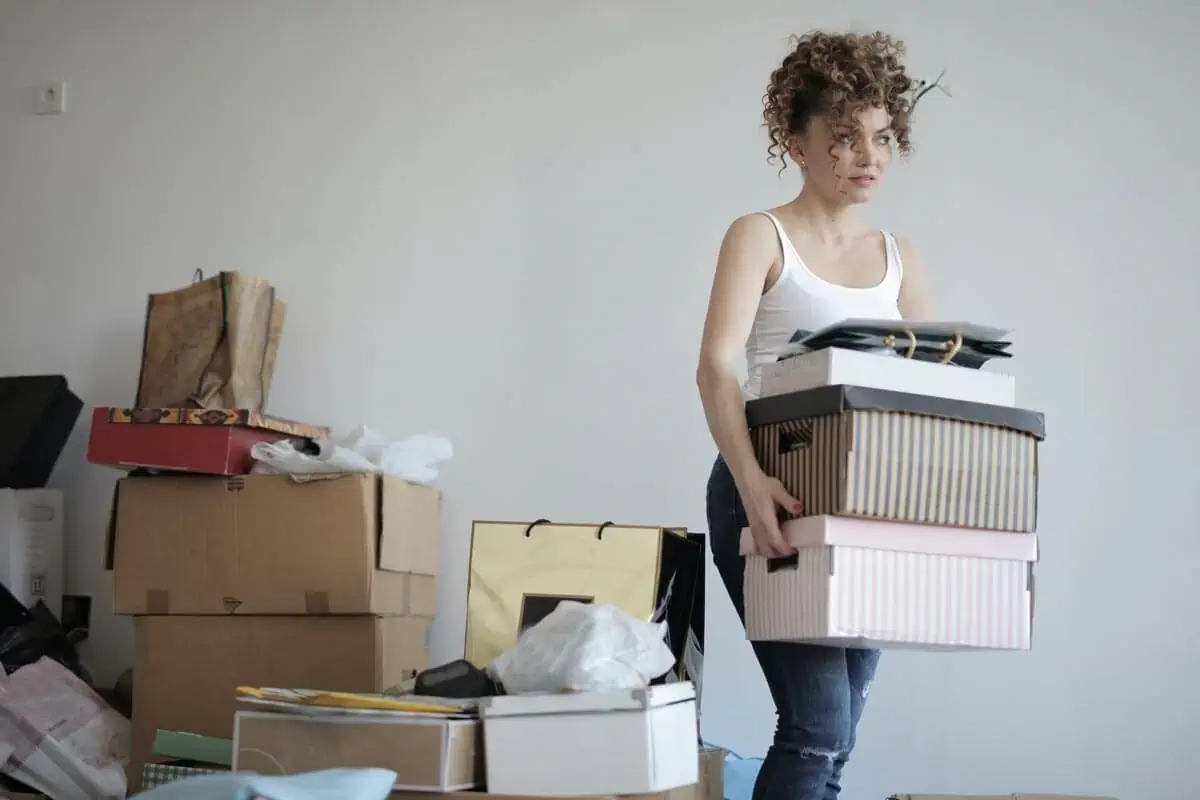 Photo courtesy of Andrea Piacquadio via Pexels
Photo courtesy of Andrea Piacquadio via Pexels
Though there has always been a feud between property owners and renters, eviction should be based on legal reasons. Violation of their signed agreements, including that of the entire condominium’s policy, can push the owner to evict the renter. In the same light however, the eviction process should undergo a legal process. With the laws in place to keep folks in the property they’re renting, here are the top ten reasons for tenant eviction. If you’re a first-time renter, your should be aware of these eviction reasons too.
1. Oops! I forgot to pay my rent.
 Photo courtesy of Karolina Grabowska via Pexels
Photo courtesy of Karolina Grabowska via Pexels
If you want to be evicted in an instant, then don’t pay your rent. While most owners are kind enough to extend the renter's stay in the condo even without paying, failure to pay the rent is the ultimate pass towards eviction. As a renter, you are obliged to pay your rent at the agreed upon date stated in the lease contract. Failure to do so gives the landlord or property owner the right to have the renter evicted from the condominium.
Most landlords often remind tenants of their rent due with a letter of notice or verbal notice. Keep the rental law in the Philippines in mind and never forget your rent. As a responsible renter, you should be able to submit to the agreement you and your landlord had made. Keep all these documentations along with receipts of your payment to the unit since these are legal documents and may be of good use in the near future.
2. That was already damaged before I got here.
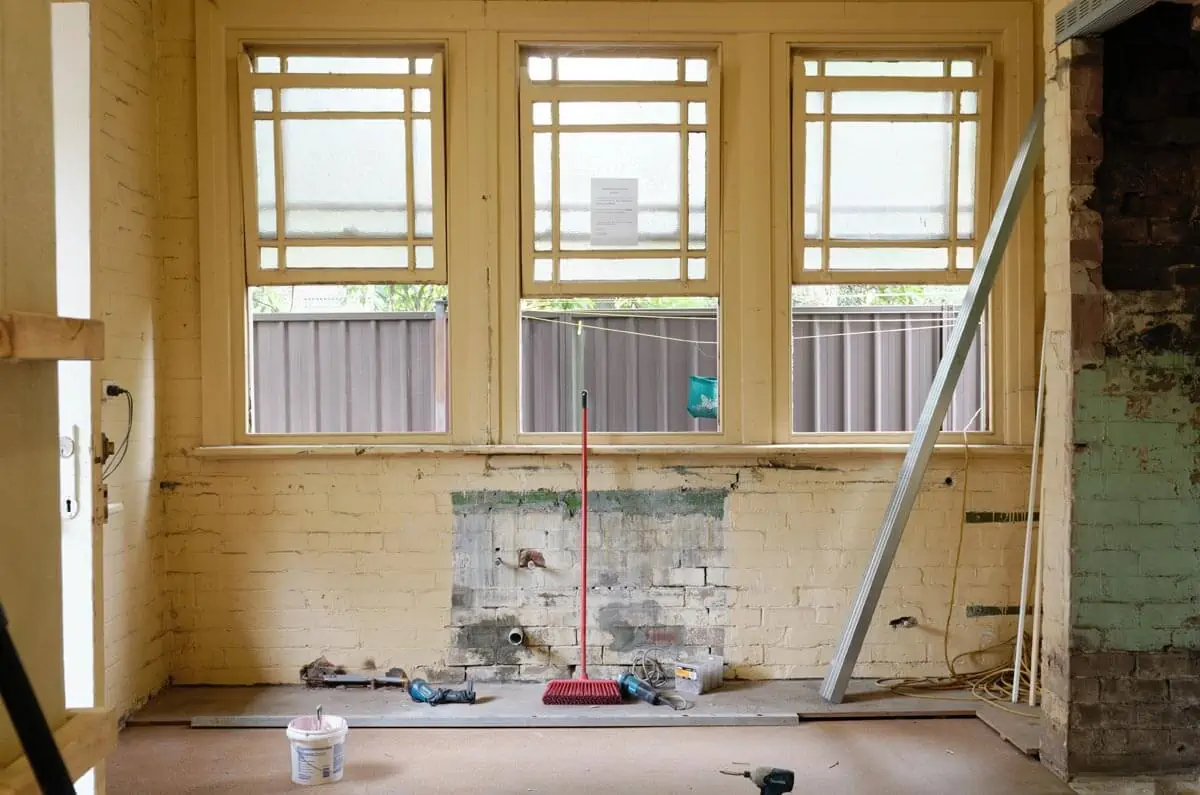 Photo courtesy of Laurie Shaw via Pexels
Photo courtesy of Laurie Shaw via Pexels
Even before renting the property, the landlord and tenant should both agree that the unit or rental is habitable, and that the amenities are all working properly and in good condition. Once the renter damages the property, which legally means destroying a part of a property and making it unusable, the landlord has all the right to evict the tenant.
Keep the rental unit reasonably clean and intact. Being a good condo resident means remembering that the property is only leased to you at a given period of time and not given to you. This means that you are not the owner of the property and should refrain from removing or defacing the rented property. However, the tenant may repair the damage done upon the approval of the landlord.
3. Is my stereo too loud?
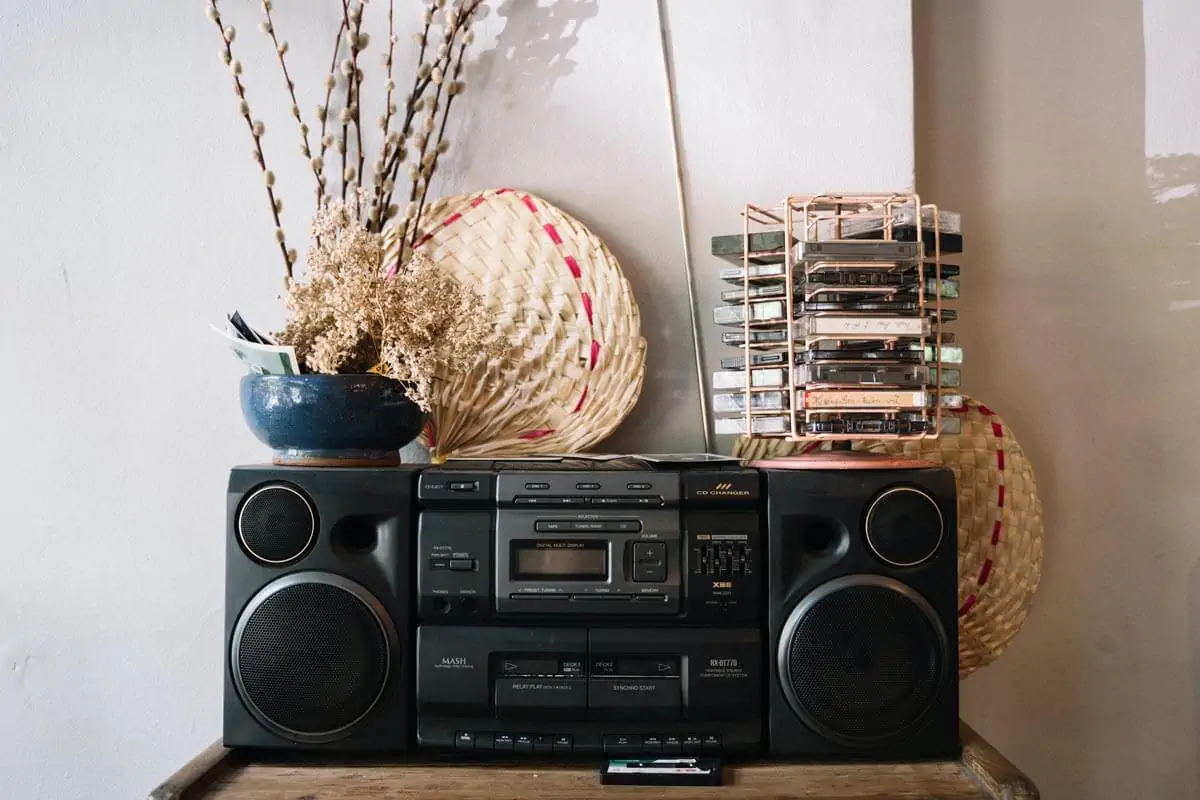 Photo courtesy of Anna Tarazevich via Pexels
Photo courtesy of Anna Tarazevich via Pexels
As a renter, you should respect the rights of other tenants especially that you are only leasing a property. This presents a great issue for the condo owner especially if the other tenants, more so unit owners, are disrupted with the noise. If the tenant is being a nuisance to the other renters, the landlord should send out a written warning to the tenant. Failure to correct their disturbing behavior gives the landlord the right to evict the tenant. So keeping the rental law in the Philippines is a must for these situations.
4. I just wanted to stay even for a little longer...
 Photo courtesy of Alin Luna via Pexels
Photo courtesy of Alin Luna via Pexels
Knowing about the rental law in the Philippines can help prepare you to handle your rental business. The condominium owner can evict a tenant at the end of the tenancy period or the signed lease. Depending on the agreement made, the tenant could extend his stay with a new contract as approved by the landlord. However, if the tenant extends his stay or refuses to move out of the condo unit even after the lease ended, then the landlord could file for an eviction notice.
5. I am Walter White and there’s really nothing you can do about it.
Act as if you’re Heisenberg and you’re evicted. The landlord has the right to evict a tenant if the property is being used in violation of the national law, inclusive and not limited to drugs and narcotics, pornography, sexual activities, and the likes. Using the property for purposes other than living in the property is in violation of the lease agreement, thus making it a legal reason for eviction.
6. But they’re so cute and furry!
 Photo courtesy of Hilary Halliwell via Pexels
Photo courtesy of Hilary Halliwell via Pexels
Depending on the rental law in the Philippines and the agreement signed, most condominiums in key cities involve a pet policy which is clearly explained even before the selling of the condo unit. Technically, having a pet is not grounds for eviction. However if your pet is damaging the property, a nuisance to other tenants or unit owners, and poses as a danger to other tenants, then the tenant owning the pet may be evicted.
Like most reasons for eviction, a notice should be sent out beforehand, giving the tenant ample time to correct the mistake or violation done before finally being evicted.
7. I think I left the burner open…
 Photo courtesy of Teona Swift via Pexels
Photo courtesy of Teona Swift via Pexels
If the condo owner has proven that the tenant has risked the health and safety of the entire property, including that of other renters, then this is a reason for eviction. Violating the health and safety of the other renters include failure to report a broken pipe or smoke alarm system in your rental unit. This is a huge threat and danger for the landlord and the other tenants as this may result to fire or cause damage to the entire property.
Make sure to directly report to your landlord such damages, be a responsible tenant, and have them fixed in an instant. Abide by all the obligations and commitments stated in the lease agreement along with the provisions of health and safety codes.
8. Condo For Sale! - Tenant
 Photo courtesy of MART PRODUCTION via Pexels
Photo courtesy of MART PRODUCTION via Pexels
Since you are a tenant, you are not given any right to sell the property you rented. Moreover, if the tenant subleases the property without the consent of the landlord, then the landlord could also file for an eviction. If the landlord agrees to sublease the rental property, the tenant should also report the income earned in the process.
9. Did I just get locked out of my own unit?
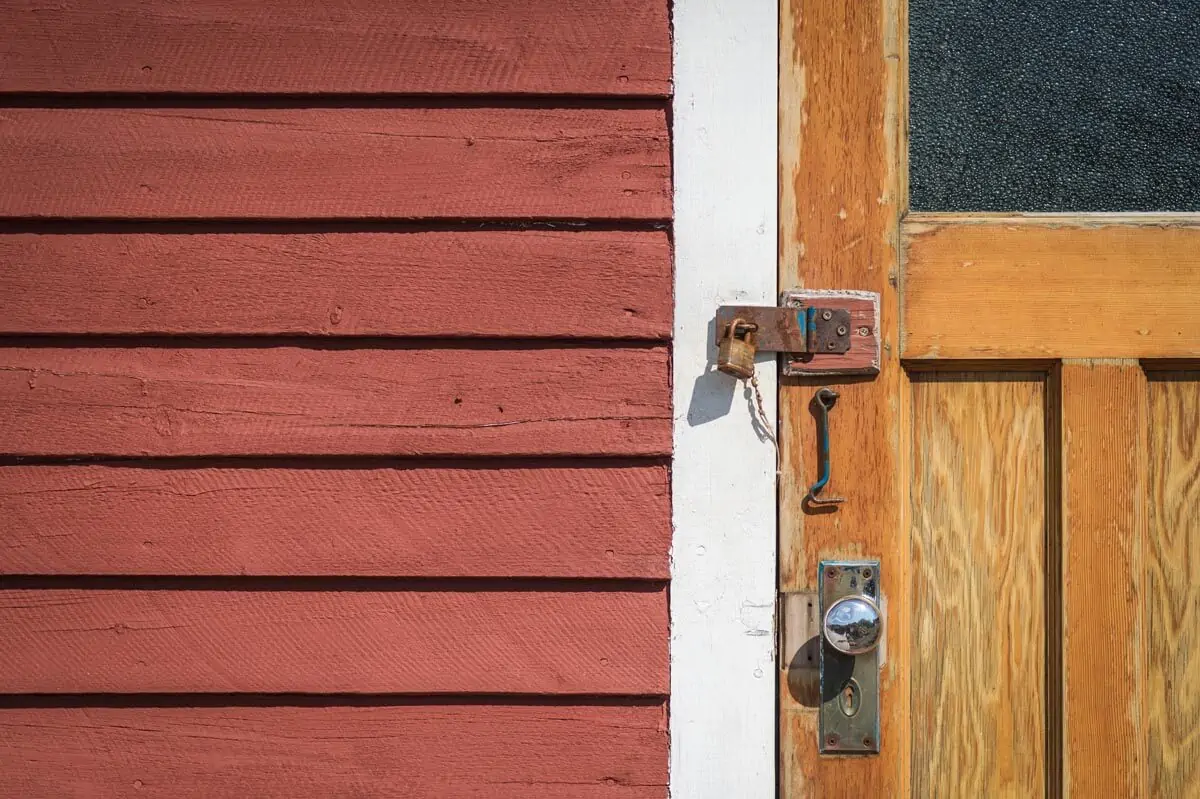 Photo courtesy of Stephen Andrews via Pexels
Photo courtesy of Stephen Andrews via Pexels
Another ground for the notice of eviction is if the tenant changes the locks of the unit and refuses access of the landlord to the unit. Although every tenant has the right to privacy, lease agreements almost always specify that the landlord shall have access to the unit upon request. In the same light, the landlord cannot enter the rental unit of the tenant without the knowledge of the tenant or if not in cases of emergency.
10. Nah… I’m certain it’s not in the contract I signed… I think.
 Photo courtesy of Alena Darmel via Pexels
Photo courtesy of Alena Darmel via Pexels
Ever since different home properties have come around, there have been a lot of misconceptions about landlords. Other than the previously stated reasons, every landlord could evict a tenant if there is a violation to the agreement signed by both parties. If the tenant does not comply or leaves the property, then the landlord could sue for damages. The case will be decided by the court, and if the tenant is found at fault, they will be ordered to pay the damages.
Avoid Eviction
Both condo owners and tenants getting involved into a rental agreement must be aware that they have obligations and responsibilities of their own. The realities of renting a condo are that there are strict rules which a renter should be responsible enough to abide by. With this is mind, both parties should exert effort in remembering and understanding the contract and commitments they have signed for. Most of all, they should have their own copy of the contract so renters may crosscheck whether the grounds for eviction are legal or have solid basis.
Notify your landlord or condo owner about everything that happens in relation to the condo unit. Having him in the loop gains his trust. At the same time, talking to your landlord directly about leasing matters keeps small problems from becoming huge issues.
With the growing condo rental market in the Philippines, buying a condominium may be your priced possession and a good property investment, depending on how well you take good care of your unit. Like any other top condo developer in the Philippines, we here at DMCI homes always ensure that tenants, along with other unit owners, enjoy the best out of condo living, may it be owning or renting.
Key Takeaways
The rental law in the Philippines provides several legal reasons for tenant eviction. Learning about these reasons can help you determine if your tenant is breaking the law and if you have grounds to evict them.
- Make sure to review your lease agreement carefully before signing it. This will help you understand your rights and responsibilities as a tenant.
- Understand the different types of eviction notices. This will give you a better idea of what to expect if your landlord decides to evict you.
- Be familiar with the grounds for eviction. This will help you determine if your landlord has a valid reason for evicting you.
To learn more about DMCI Homes pre-selling and ready for occupancy projects, units for lease, and special promos, log on to www.dmcihomes.com or call (632) 5324-8888. You can also check out https://leasing.dmcihomes.com/ for currently available condos for rent.
For news and other updates, check out our social media accounts on Facebook, Twitter, Instagram, and YouTube.







